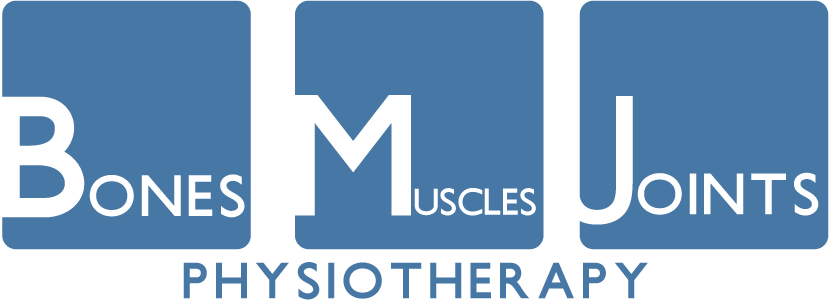Unstable Shoulder Physiotherapy
Struggling With A
Dislocated Unstable Shoulder?
Our shoulder is a ball and socket joint, built like a joystick. However, our shoulders need to move through a much bigger range than the common joysticks. To achieve this, the socket of the shoulder joint is designed to be small. As a result, the shoulder joint is inherently unstable.
With a relatively unstable socket, the shoulder joint has to rely more on the muscles and ligaments to maintain its stability. Our shoulder muscles are arranged beautifully around the joint such that it holds the socket in place. Different muscle group will tighten up in different arm position so that the joint stays intact.
First-time shoulder dislocation is usually caused by trauma, such as a fall or impact on the shoulder during sports. A shoulder dislocation is defined by the ball of the joint coming completely out of the socket. It usually has to be put back into place by a doctor. Both the muscles and ligaments around the shoulder, and sometimes even the bony structures can be injured during a shoulder dislocation, therefore weakening and overstretching the structures that maintain the stability of the shoulder.
Once a shoulder has dislocated, it is more prone to develop recurrent dislocation and subluxation in the future. Subluxation is a partial dislocation where the ball of the joint comes partially out of the socket. You will be able to relocate the shoulder joint easily in a case of subluxation.
Shoulder Dislocation Treatment
There are conservative management and surgical management to reduce the risk of future shoulder dislocation and subluxation. In conservative management, physiotherapist use exercises to strengthen the muscles around the shoulder joint to improve the joint stability. The main focus would be the rotator cuff muscles which are the dynamic stabilizers of the shoulder joint. Exercising and strengthening the right shoulder muscles are key in physiotherapy treatment. As such, in addition to physiotherapy sessions, you will also have to be diligent in your home exercises.
A strengthening programme usually takes 6 weeks to show results. Depending on your lifestyle and chosen sports, if you are experiencing more frequent dislocation episodes, a surgery to repair the shoulder joint may be warranted.
Related Shoulder Conditions
Does the condition described above match what you are experiencing? If not try viewing these other conditions
General Shoulder Pain Rotator Cuff Injury Impingement Frozen Shoulder

